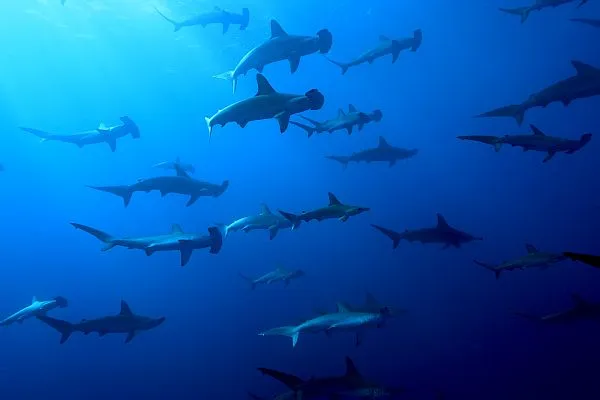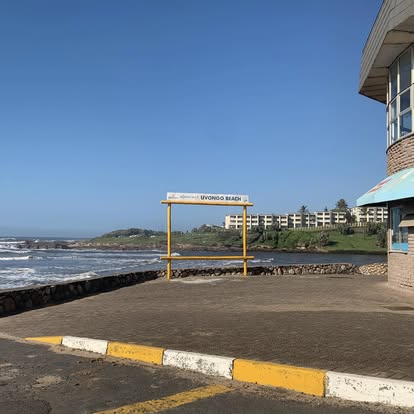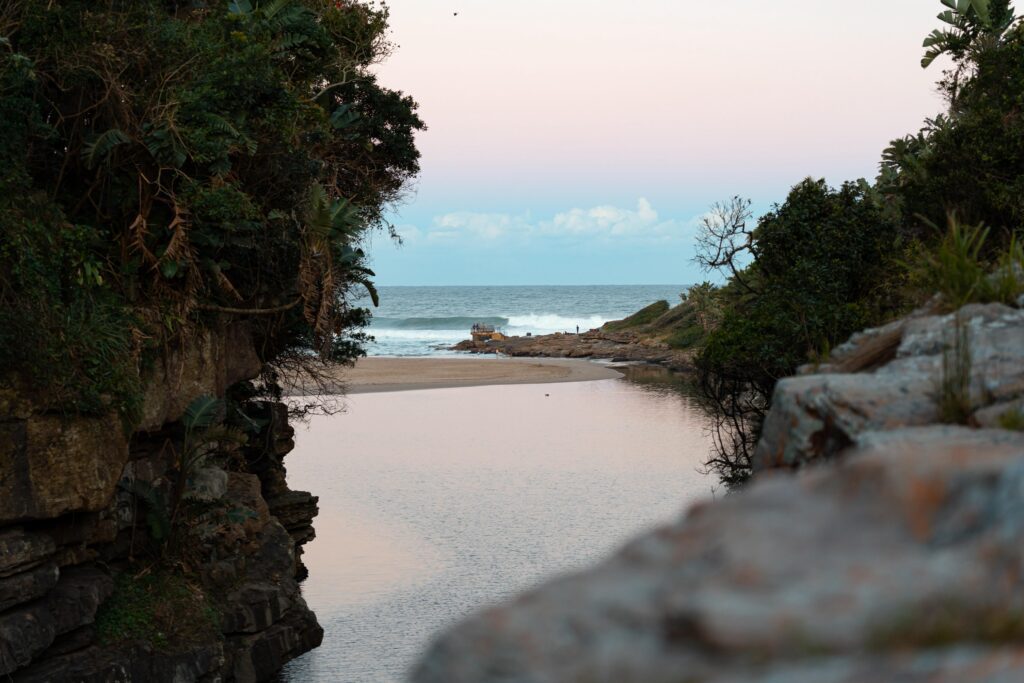KwaZulu-Natal: South Africa
Nestled along South Africa’s eastern coast, KwaZulu-Natal (KZN) stands as a province of remarkable diversity—where rich cultural heritage, breathtaking landscapes, and a dynamic economy converge. From the bustling port city of Durban to the tranquil beauty of the Drakensberg Mountains, KZN offers a unique tapestry of experiences that capture the heart and imagination of every visitor. This province is not only a destination but an immersive journey into the culture, history, and natural beauty of South Africa.
Geography and Climate: A Province of Contrasts
KwaZulu-Natal’s geography is nothing short of spectacular. Strategically positioned along the Indian Ocean, the province borders Mozambique and Eswatini to the north, and the Eastern Cape to the south. It stretches from a subtropical coastline rich with palm-lined beaches to the majestic Drakensberg Mountains in the west, creating a striking contrast of ecosystems within a relatively compact area.
The coastal areas enjoy a humid, tropical climate, perfect for year-round beach visits, while inland regions experience a more temperate climate, supporting farming, wildlife reserves, and hiking trails. This climate diversity makes KwaZulu-Natal an ideal destination for both leisure travelers and adventure seekers, offering everything from sun-soaked beaches to snow-capped mountain peaks in the winter months.
The province is also traversed by major rivers, including the Tugela and Umzimkulu, which not only enhance its scenic beauty but provide irrigation and hydroelectric power for local communities. These rivers, along with the rolling hills, savannahs, and wetlands, form a vibrant natural landscape that supports rich biodiversity.
A Tapestry of History and Culture
The Zulu Kingdom and Colonial Legacy
KwaZulu-Natal is steeped in history, most notably as the heartland of the Zulu Kingdom. In the early 19th century, King Shaka rose to power, uniting scattered clans into a formidable nation. His strategic military innovations and leadership skills created a legacy that continues to define the cultural identity of the province.
The British colonization of the region in the 19th century introduced new dynamics, with Natal becoming a focal point during the Anglo-Zulu War of 1879. This period of conflict left behind historical landmarks, battlefields, and stories of resilience that are remembered and honored through museums, guided tours, and cultural narratives across the province.
Following the end of apartheid in 1994, the province was officially renamed KwaZulu-Natal, a tribute to both the Zulu Kingdom and the former colonial Natal province. Today, the blending of traditional Zulu heritage with modern South African culture creates a unique cultural tapestry that is visible in every town, city, and rural community.
Zulu Culture and Heritage
Zulu culture is the lifeblood of KwaZulu-Natal. Visitors can explore Shakaland, a living cultural village that provides authentic insight into traditional Zulu life, including dance, crafts, and culinary experiences. Annual ceremonies like the Reed Dance, which celebrates young women’s coming of age, and the Umkhosi Womhlanga festival, are spectacular cultural events that attract both locals and tourists.
Local markets across the province are vibrant hubs of Zulu craftsmanship. Beadwork, woven baskets, and carved wooden sculptures are sold alongside fresh produce and traditional cuisine. These markets offer visitors an opportunity to connect with the culture in an authentic and immersive way.
KwaZulu-Natal’s cities and towns also celebrate cultural diversity beyond Zulu heritage. Durban, for instance, is known for its large Indian community, which has influenced the region’s culinary scene, festivals, and architecture. The result is a province where multiculturalism thrives, blending traditions in art, music, and daily life.
Economy: A Hub of Industry and Trade
Industrial Powerhouse
KwaZulu-Natal’s economy is one of the strongest among South Africa’s provinces. Durban, with its busy port—the largest in the country—serves as a critical gateway for trade with Asia and beyond. The province’s industrial sector is broad, spanning sugar refining, chemical production, textiles, automotive manufacturing, and steel processing.
Newcastle, situated in the northern part of the province, is an industrial hub known for steel manufacturing and synthetic rubber production. Meanwhile, Durban and Pietermaritzburg are centers for business services, logistics, and manufacturing, offering employment and investment opportunities that contribute to the province’s growth and stability.
Agriculture and Tourism
KwaZulu-Natal’s fertile lands support diverse agricultural activity. Sugarcane dominates the lowlands, while the inland regions produce maize, citrus, and vegetables. Livestock farming and dairy production further enhance the province’s agricultural profile. The agricultural sector not only sustains the local economy but also positions KwaZulu-Natal as an exporter of high-quality produce to international markets.
Tourism is another major economic pillar. Attractions range from wildlife safaris and marine adventures to historical and cultural tours. The Drakensberg Mountains offer hiking, rock climbing, and birdwatching, while the subtropical coast lures sun-seekers and water sport enthusiasts. Eco-tourism lodges, private game reserves, and adventure parks provide immersive experiences, ensuring that tourism contributes significantly to local communities.
Nature and Conservation: Preserving Biodiversity
UNESCO World Heritage Sites
KwaZulu-Natal is home to two UNESCO World Heritage Sites: iSimangaliso Wetland Park and uKhahlamba-Drakensberg Park. iSimangaliso, which means “miracle” in Zulu, is a diverse wetland area boasting estuaries, lakes, coastal forests, and coral reefs. Visitors can witness hippos in lakes, dolphins in the sea, and a range of bird species across its protected landscapes.
The uKhahlamba-Drakensberg Park, part of the Drakensberg mountain range, offers dramatic cliffs, cascading waterfalls, and ancient rock art created by the San people. Hiking trails of varying difficulty levels attract adventurers and nature enthusiasts, while the park’s conservation efforts ensure that its flora and fauna are preserved for future generations.
Wildlife and Marine Life
Wildlife conservation is central to KwaZulu-Natal’s identity. Hluhluwe-iMfolozi Park, Africa’s oldest proclaimed game reserve, is home to the Big Five—lion, elephant, buffalo, leopard, and rhino. The park is renowned for its successful rhino protection programs, which have significantly reduced poaching incidents.
KwaZulu-Natal’s coastline also supports a thriving marine ecosystem. Sodwana Bay is a world-class diving destination, while the annual sardine run, one of the ocean’s largest wildlife spectacles, draws visitors eager to witness millions of sardines migrating along the coast, followed by dolphins, sharks, and seabirds. These natural wonders make the province a hub for eco-tourism and environmental education.
Adventure and Outdoor Activities
KwaZulu-Natal is a playground for adventure seekers. The Drakensberg Mountains offer paragliding, mountain biking, and rock climbing, while rivers and lakes provide opportunities for kayaking, canoeing, and freshwater fishing. Coastal activities include surfing, kiteboarding, and deep-sea fishing, ensuring that every visitor finds a thrill suited to their interest.
The province also boasts unique attractions such as the world’s highest gorge swing, zip-lining parks, and canopy tours through indigenous forests. Guided adventure tours often combine adrenaline activities with educational insights into the region’s ecology and history, offering a holistic travel experience.
Challenges and Resilience
Environmental Disasters
KwaZulu-Natal’s geography and climate make it vulnerable to environmental disasters. The 2022 floods, for instance, caused widespread damage, highlighting the importance of disaster preparedness and infrastructure resilience. The province has since invested in improved flood management systems and emergency response strategies to mitigate the impact of future natural disasters.
Socio-Political Unrest
The province has also experienced socio-political challenges, including the 2021 unrest that disrupted communities and local economies. These events prompted initiatives focused on social cohesion, community engagement, and governance reforms, showcasing the resilience and determination of KwaZulu-Natal’s people.
Culinary Delights
KwaZulu-Natal is a culinary melting pot, reflecting its cultural diversity. Traditional Zulu cuisine features maize-based dishes, meat stews, and locally sourced vegetables. Durban is famous for its Indian-inspired cuisine, particularly the spicy “bunny chow,” a hollowed-out loaf of bread filled with curry.
Seafood lovers are treated to fresh fish, prawns, and crabs from the Indian Ocean, while local markets provide artisanal products, craft beers, and indigenous fruits. Culinary tours and food festivals across the province allow visitors to savor authentic flavors while connecting with local traditions.
Festivals and Events
KwaZulu-Natal hosts a vibrant calendar of festivals celebrating culture, music, and art. Events such as the Durban International Film Festival, Jazz on the Rocks in the Drakensberg, and the Comrades Marathon—a world-renowned ultramarathon—highlight the province’s dynamic spirit. Traditional ceremonies, including the Reed Dance and heritage celebrations, provide a unique window into the customs and values of the Zulu people.
These festivals not only entertain visitors but also foster economic growth, tourism, and community pride, reinforcing KwaZulu-Natal’s position as a cultural hub.
Conclusion: KwaZulu-Natal’s Enduring Spirit
KwaZulu-Natal is more than a province; it is a journey through time, nature, and culture. Its landscapes, from golden beaches to towering mountains, its vibrant cities and quiet towns, and its deep-rooted traditions combine to create an unforgettable experience.
Despite facing environmental challenges and socio-political hurdles, KwaZulu-Natal demonstrates resilience and an unwavering commitment to preserving its heritage, natural beauty, and diverse communities. Whether exploring historic sites, embarking on wildlife adventures, or immersing oneself in cultural celebrations, visitors leave with a profound appreciation for South Africa’s eastern jewel—a province where every corner tells a story and every visit becomes a lifelong memory.







